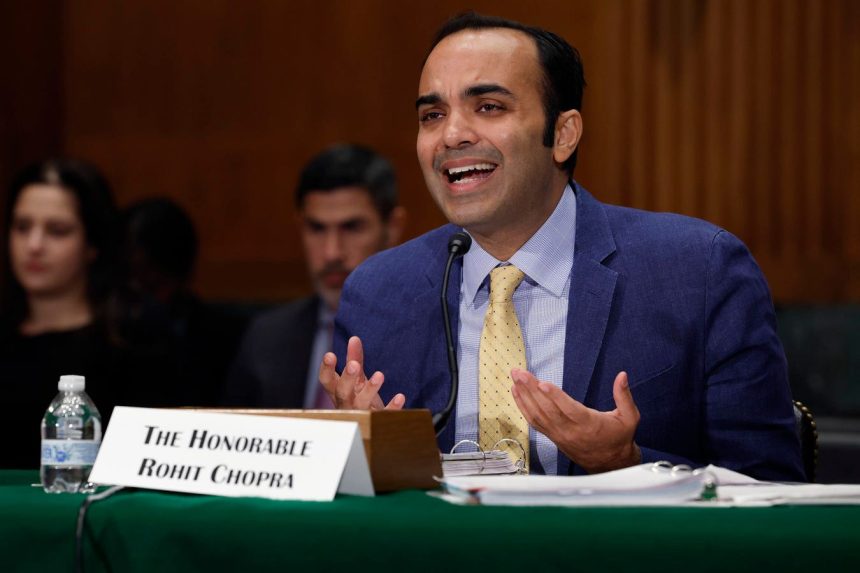Zelle, a peer-to-peer (P2P) payment service, has revolutionized the way people transfer money electronically. Its convenience lies in its simplicity: users need only the recipient’s email address or phone number to send funds directly from their bank accounts or credit cards. Owned by Early Warning Services (EWS), a consortium of seven major US banks, including Bank of America and Capital One, Zelle boasts a network of over 2,400 participating banks and credit unions. However, this ease of use has also become a breeding ground for scams, leaving many victims with limited recourse for recovering their stolen funds.
The vulnerability of Zelle lies in its susceptibility to various fraudulent schemes. Scammers exploit the platform by enticing users to pay for non-existent goods or services. Beyond these typical scams, more sophisticated schemes target Zelle accounts directly through phishing attacks. These attacks involve deceptive emails and text messages designed to trick users into disclosing sensitive information, such as usernames, passwords, and PINs. This allows scammers to hijack Zelle accounts and gain access to linked bank accounts and credit cards. The irony lies in the fact that while victims of account hacking are afforded legal protection, those tricked into authorizing fraudulent payments through deception often find themselves unprotected.
Under increasing pressure from Senators Elizabeth Warren, Sherrod Brown, and Jack Reed, the banks backing Zelle have begun to offer reimbursements to some scam victims. This primarily applies to “imposter scams,” where fraudsters impersonate bank officials to deceive customers into sending money. However, this represents a shift in policy, and the overall rate of reimbursement for unauthorized transactions appears to have declined significantly. According to Senator Richard Blumenthal, major banks like JP Morgan, Wells Fargo, and Bank of America reimbursed a considerably lower percentage of customers reporting unauthorized transactions in 2023 compared to 2019, indicating a potential trend towards reduced customer protection.
The Consumer Financial Protection Bureau (CFPB) has taken decisive action against the banks owning Zelle, filing lawsuits against Bank of America, JP Morgan Chase, and Wells Fargo. The CFPB’s investigation alleges that these institutions failed to implement adequate safeguards to protect Zelle users from fraud, leading to consumer losses exceeding $870 million over the platform’s seven-year history. The CFPB’s lawsuit emphasizes a systemic failure to address the vulnerabilities that enabled these extensive losses.
The CFPB’s lawsuit outlines several key failures on the part of the banks. These include inadequate identity verification processes that allowed scammers to easily create accounts and link them to victims’ email addresses or phone numbers. Furthermore, the banks are accused of failing to track and share information about known scammers, enabling repeat offenders to exploit multiple accounts across the Zelle network. Critically, the CFPB contends that the banks disregarded a vast number of fraud complaints, failing to leverage this data to prevent future scams. Finally, the banks are alleged to have violated the Electronic Fund Transfer Act and Regulation E by neglecting their duty to thoroughly investigate consumer complaints and provide appropriate reimbursements.
In light of these vulnerabilities, Zelle users must take proactive steps to protect their finances. Before using Zelle, thoroughly review the platform’s fraud protection policies. Be aware that Zelle is primarily intended for transferring money to trusted individuals and should not be used for commercial transactions. Implementing strong security measures is crucial. Use a PIN or enable two-factor authentication to prevent unauthorized access to your Zelle account. Never divulge your username, password, or PIN in response to any unsolicited email, text message, or phone call. Remember that caller ID can be spoofed, making it appear as if a call originates from a legitimate source when it does not. If you suspect fraudulent activity, contact your bank directly using a verified phone number. By understanding the risks and taking appropriate precautions, Zelle users can mitigate the potential for financial loss.



